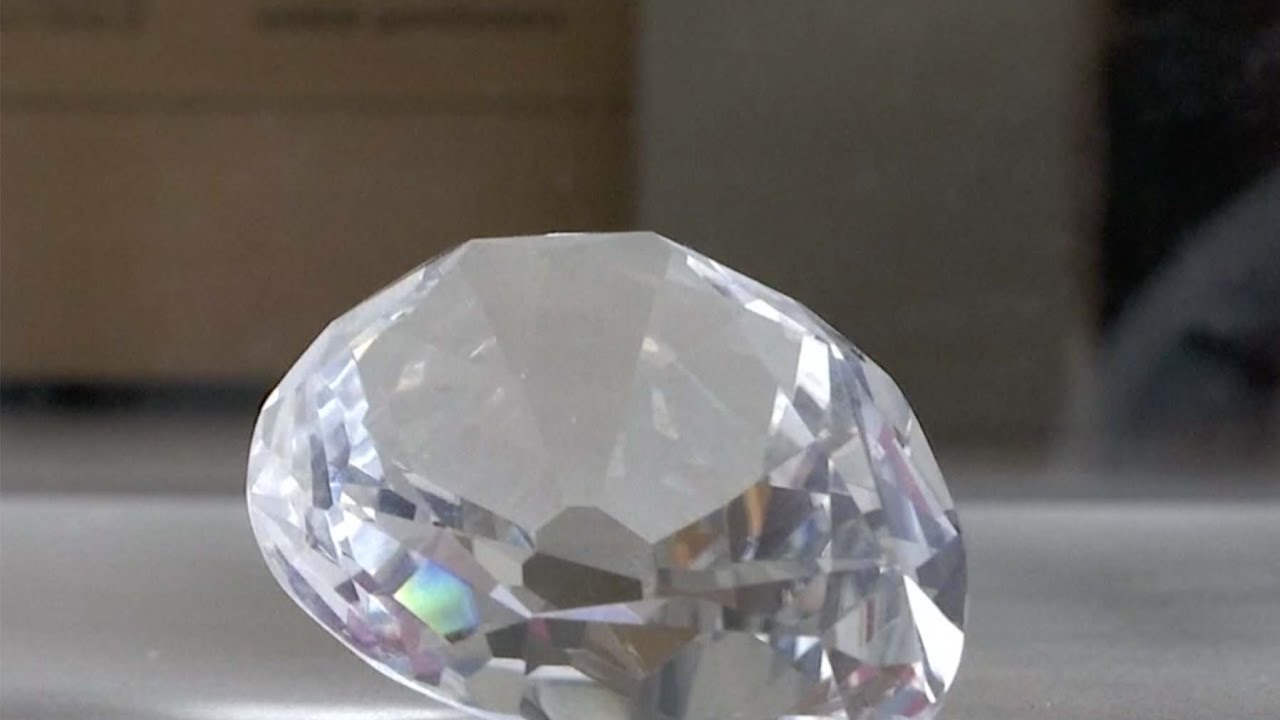
DeBeers shakes up industry with entry into synthetic diamond market

De Beers hasn’t even opened its first synthetic diamond store, but its looming entry into the market for man-made gems has already shaken the industry.
The unit of Anglo American Plc said three months ago that it plans to sell lab-grown diamonds at a fraction of the going rate, undercutting rivals like Chatham Created Gems Inc. and Diamond Foundry Inc. That’s already cut the price of man-made gems, furthering De Beers’s aim of increasing the premium paid for the diamonds it mines in Botswana, Namibia, South Africa and Canada.
De Beers will target younger consumers with its lab diamonds, sold under the Lightbox name for about $800 a carat. That’s a fifth of the price of existing man-made stones and one-tenth of the cost of buying a similar natural gem.

De Beers CEO Bruce Cleaver has said he expects its lab-made gems to be profitable, while adding that it’s not going to be a big business for the company.
Diamonds grown in labs have the same physical characteristics and chemical makeup as mined stones. The technology is so advanced that experts need a machine to distinguish between synthesized and mined gems.
While De Beers has never sold man-made diamonds for jewelry before, it’s good at making them. The company’s Element Six unit is one of the world’s leading producers of synthetic diamonds, which are mostly used for industrial purposes. It has also been producing gem-quality stones for years to help it tell the difference between natural and man-made types.
So far, De Beers’s strategy seems to be working. The premium natural diamonds command has widened since the company’s May announcement, with the 1-carat and half-carat stones it’s going to be producing suffering the biggest prices declines, according to industry analyst Paul Zimnisky. The discount on a half-carat man-made stone has ballooned to 38 percent from 24 percent, Zimnisky’s data shows.
 The latest move also holds risks for De Beers. By offering lab-grown diamonds at such a steep discount, the company may erode demand for the industry’s lower-quality products that sell for less than $200 at retailers like Walmart Inc.
The latest move also holds risks for De Beers. By offering lab-grown diamonds at such a steep discount, the company may erode demand for the industry’s lower-quality products that sell for less than $200 at retailers like Walmart Inc.
Still, its not all about price. Man-made diamonds have positioned themselves as an ethical alternative to natural stones, which have long been associated with conflicts in Africa and the massive environmental footprint of modern mining.
“I think De Beers feel very threatened,” said Ella Drake, founder of Monarc, a London-based jewelry retailer that sells Diamond Foundry stones. “Diamond Foundry know being ethical isn’t enough. They’ll have to possibly lower prices to meet that difference.”






